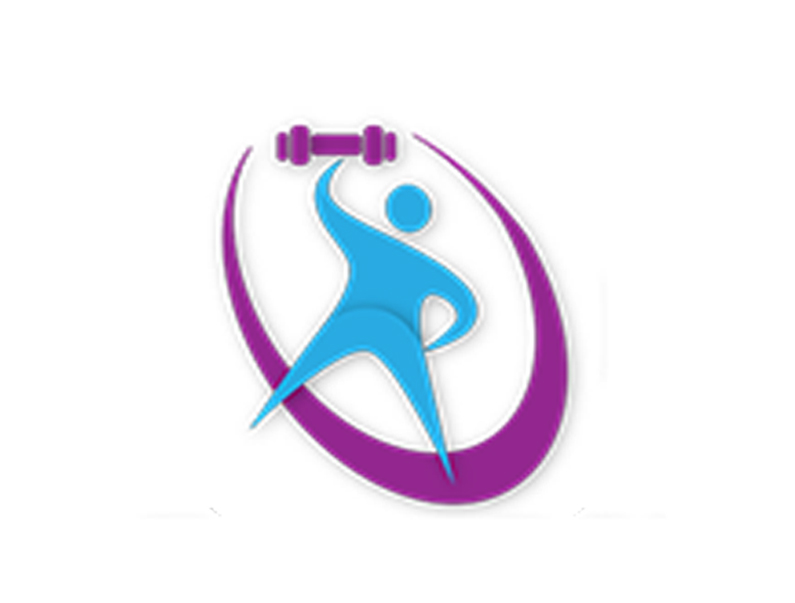BLOG 293 TOO MUCH CARDIO
One of the most common questions I am asked is, “How much cardio should I be doing??” We are told we need to exercise and cardiovascular activities are the first item we refer to doing. There are a multitude of benefits when doing cardiovascular activity, but sometimes you might be doing more harm than good if you are doing too much. Just because you run ten miles per day doesn’t mean the weight will melt right off (even though one would assume this). So let’s take a look at the cardio overload affect and see what happens to the body when this occurs.
There are a number of indications your body will show as signs that you are doing too much cardio. Every BODY is different. Here is what we are supposed to be doing: “The U.S. Department of Health and Human Services and the American College of Sports Medicine recommends that adults ages 18 to 64 engage in a minimum of 150 minutes of moderate-intensity aerobic exercise spread over three to five days a week. Or do 75 minutes of vigorously intense aerobic exercise spread over three days a week. These minimum recommendations outlined in the 2008 Physical Activity Guidelines for Americans decrease your risk of chronic diseases such as diabetes, high blood pressure, heart disease and osteoporosis” (http://www.livestrong.com/article/145445-recommended-amount-of-cardio-exercise/). It’s easy to think that the longer I run on the treadmill, the more calories I’m burning, so the more weight I will lose. Wrong!!!!!
Cardio doesn’t have the same after math effects that strength training has for us. Meaning, “Unfortunately, the positive fat-burning effects of cardio exercise are short-lived. Once you stop exercising, your body’s metabolism quickly returns to its normal state. If cardio is your go-to exercise then you are forced to do more and more in order to see ongoing weight-loss results. This becomes problematic because increased cardio training can lead to decreased muscle mass. If your body loses even the slightest bit of muscle, your resting metabolic rate (i.e. how many calories you burn when you’re NOT exercising) dips even further. Your body will begin to shed fat even more slowly…unless you do even more cardio” (http://www.huffingtonpost.com/dave-smith2/4-indicators-that-youre-doing-too-much-cardio_b_9321966.html). And cardio is hard on our joints so having to pound the treadmill longer and longer to see results becomes strenuous on both the body and mind. Plus, one can burn through muscle so although we might be getting smaller and seeing the scale drop, we are not re shaping the body appropriately. It’s similar to the effect of not working out after a surgery or injury. The scale might actually go down, due in part to muscle atrophy.
Training smarter, not harder is the appropriate expression here. The cardio myth goes like this, “There is this horrible misperception in our society about fat loss. A lot of people think that if you starve yourself and do two or three hours of cardio each day, the fat is just going to melt off. Actually, performing too much cardio will put your body in a catabolic state and burn hard-earned muscle. The loss of muscle will not only reduce strength, but it will also slow down your metabolism. If your metabolism slows down too much, you’ll have a tough time burning fat” (http://www.bodybuilding.com/fun/ask-the-ripped-dude-how-much-cardio-is-too-much.html).
Personally, I can run for hours (literally). But I have learned, especially while training for my competitions, that at some point I’m actually not doing myself any favors. Mentally, I love the clarity of just running and going until I just have to stop. Physically, I don’t want to burn through muscle. There is no science that says how much is too much, but realistically anything over 60 minutes is probably more counterproductive than good. Females love their cardio, but ladies, we have to use strength training to re-shape our bodies and ward off osteoporosis.
When I meet a client and they ask me why they haven’t seen results when they do the Elliptical or jog every day, well, we know that the cardio myth has come into play. It might be breath of fresh air to hear that you don’t have to run for hours on end to see results. Rather, use cardio in combination with strength training to achieve optimal results. Every BODY is different, and we learn on our fitness journeys what methods work best for us. Don’t be fooled I won’t write you a pass for P.E. that says you don’t have to run the mile haha, but I will tell you that don’t have to run 5 miles every day to achieve your fitness goals.
